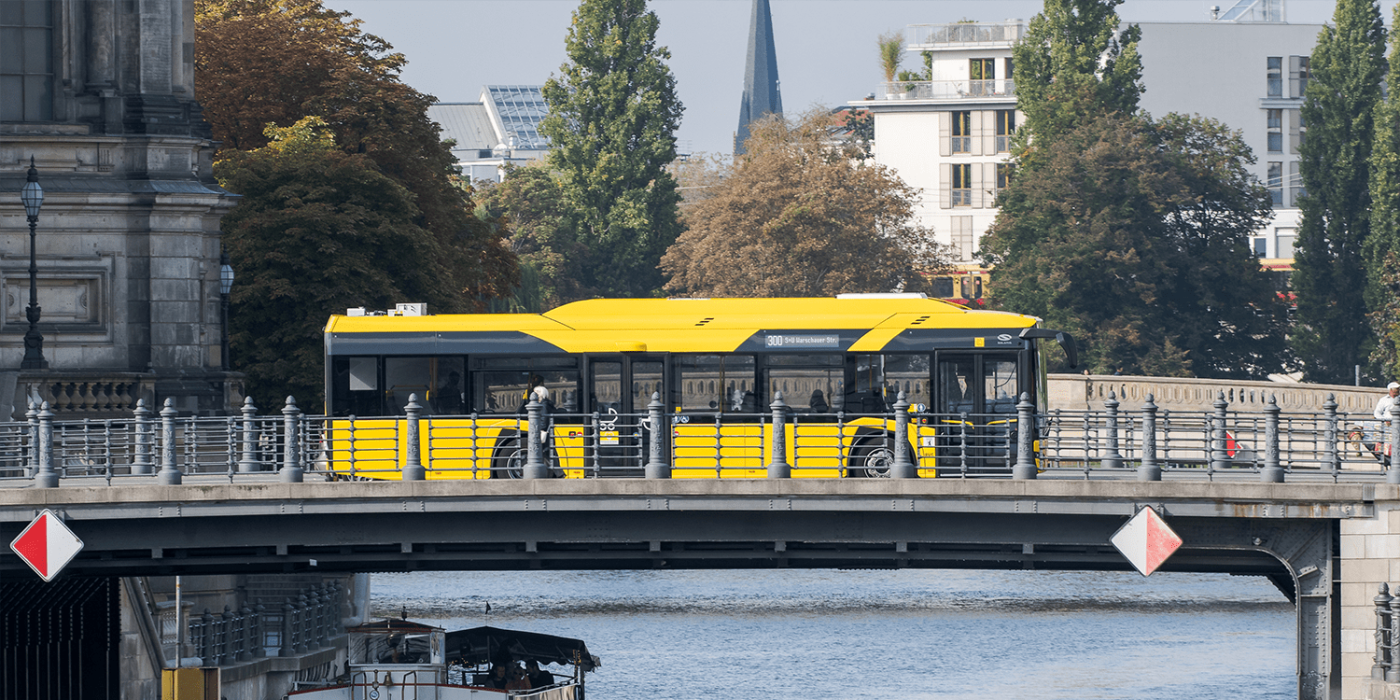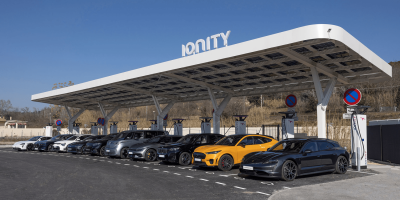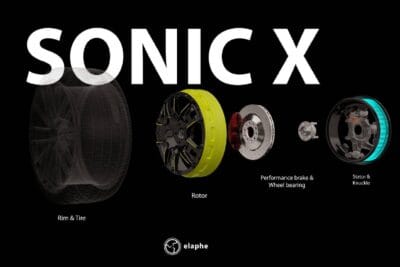Germany issues first grants to decarbonise urban bus fleets
The German Federal Ministry for Digital and Transport (BMDV) has granted around 600 million euros in funding to procure climate-friendly buses. The largest single purchases are planned by Berlin’s operator BVG and Transdev Berlin with other large purchases in Hamburg and Cologne.
The funding comes through a new directive for promoting alternative drive systems for passenger buses (German: Richtlinie zur Förderung alternativer Antriebe von Bussen im Personenverkehr). The Ministry estimates the budget will help public transit companies purchase 1,700 new buses. However, the figure includes only 1,600 zero-emission vehicles since the BMDV counts natural gas among the alternative drive systems, with 110 such biomethane buses receiving funding. The remaining funds go into buying 1,400 battery-electric buses, 150 fuel cell buses and 50 trolleybuses, with the associated maintenance and charging infrastructure.
In detail, grants have been given to Kieler Verkehrsgesellschaft (50 battery buses), Stadtwerke München (71 battery buses), Bremer Straßenbahn (50 battery buses), the city of Esslingen am Neckar (51 battery trolleybuses), Munich Airport (72 battery buses) and Regionalverkehr Köln (Cologne – 108 fuel cell buses).
The largest grants went to the cities of Berlin and Hamburg. BVG will procure 350 battery buses for service in the German capital, the largest battery bus fleet in the current funding round. Transdev Berlin is procuring more vehicles, i.e. 325 battery buses, 40 fuel cell buses and 110 biomethane buses mentioned above.
A week earlier, the Ministry also handed over notifications for 472 additional battery-powered buses to Hamburg transport companies Hamburger Hochbahn and Verkehrsbetriebe Hamburg-Holstein in Hamburg.
“Particularly in cities where many buses are on the road, alternative drives can contribute enormously to reducing CO2 emissions, pollutant emissions, and noise, thus improving the quality of life,” says Federal Transport Minister Volker Wissing (FDP). “That’s why we are providing targeted support for converting diesel buses to alternative drives.”
Funding is expected to continue before the end of June. The current round marks processing the first call from last year. Further applications are currently being processed, according to the Ministry.
In addition, the second funding call is in the planning stage and is expected to be published before the end of Q2 2022. Funds of around €1.25 billion are available until 2024, with supplementary funding planned for 2025.
With reporting by Sebastian Schaal, Germany.
bmvi.de (in German)





0 Comments